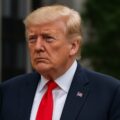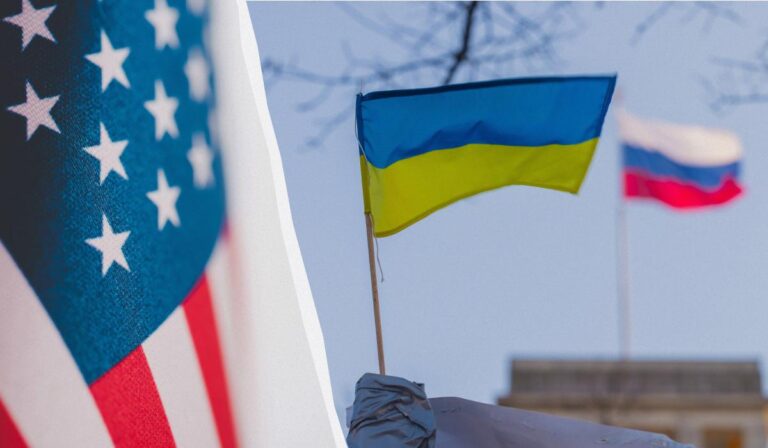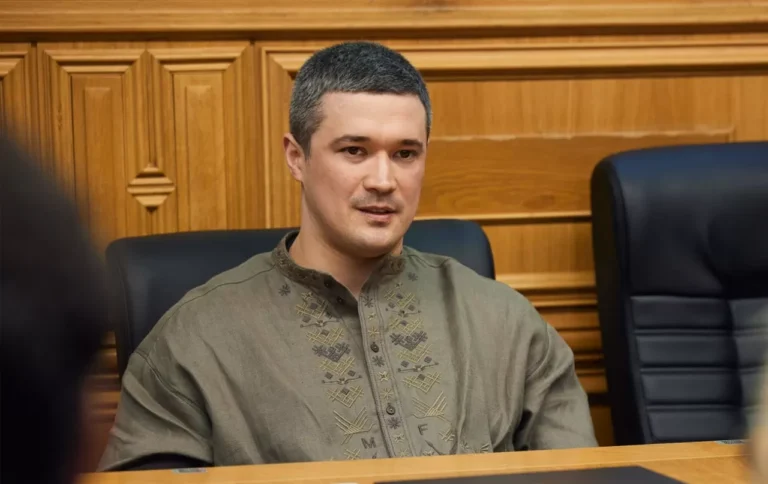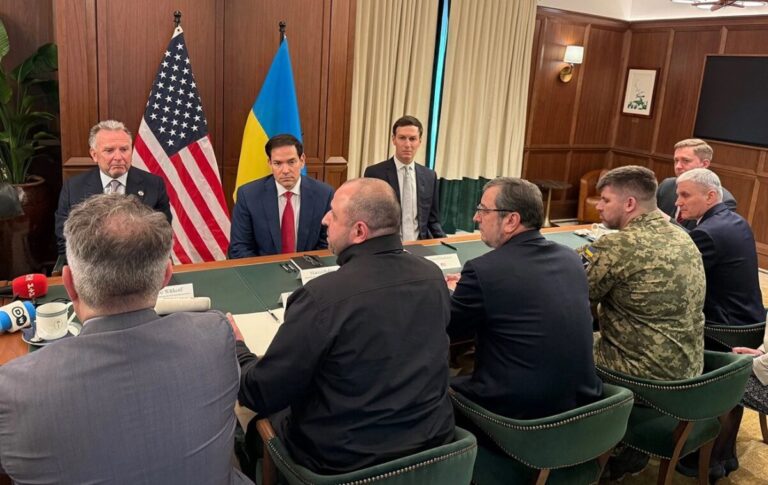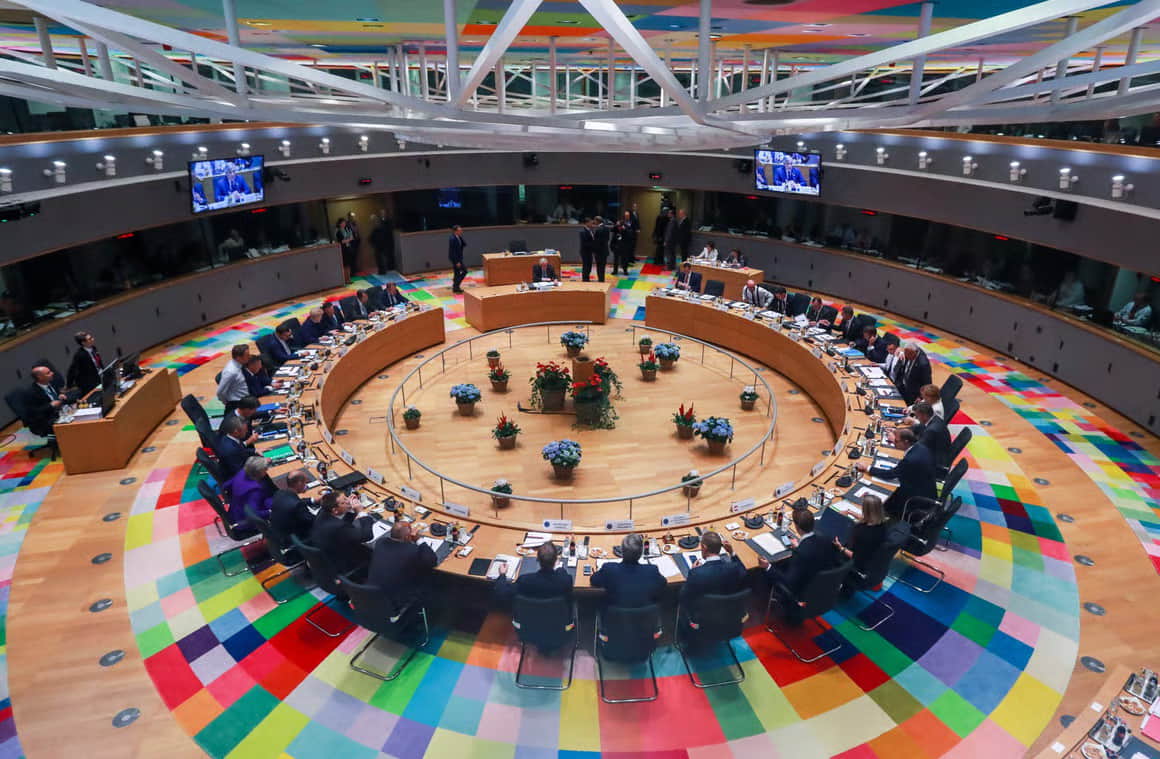
EU Without Hungary: €30 Billion, Air Defense, and EU Talks for Ukraine
At first glance, the European Council’s statement from late June may appear routine. In reality, it reflects the European Union’s quiet resilience in the face of war. Out of 27 member states, 26 endorsed a comprehensive package of support for Ukraine: €30.6 billion in financial aid for 2025, expanded military backing, new sanctions against Russia, and the next step toward opening EU accession talks with Kyiv.
Hungary’s opposition didn’t stop the others. Here’s what the decision really means and why it matters.
€30.6 Billion in Aid Not a Promise, but a Plan
The figures are not just political rhetoric. The EU has committed to delivering €30.6 billion to Ukraine in 2025:
- €3.5 billion has already been disbursed through the Ukraine Facility, a multi-year financial tool created specifically for Ukraine’s recovery and development.
- €7 billion will be channeled through the G7’s ERA initiative, using profits from frozen Russian assets a move that, in effect, redirects Kremlin wealth to rebuild what it helped destroy.
The rest is in motion. And although Hungary withheld consent, the remaining 26 states agreed to move forward, politically and financially. The aid is being structured in a way that no longer requires unanimous approval for its core components.
What the Army Needs: Not Just Weapons Survival
The European Council’s conclusions stress Ukraine’s urgent need for air defense systems, anti-drone technologies, and large-caliber ammunition. This is a direct response to intensified Russian attacks in mid-2025.
The EU calls on member states to act, not just acknowledge. That includes joint procurement, strategic coordination with arms manufacturers, and fast-track logistics.
This is framed under the principle of “peace through strength” peace not as a gift or compromise, but as a consequence of Ukraine’s ability to defend itself.
Sanctions: All Eyes on the Shadow Fleet
A new sanctions package is under consideration, focusing on Russia’s so-called shadow fleet a network of ships used to bypass oil embargoes.
Why it matters: this fleet reportedly accounts for up to 30% of Russia’s oil exports. These vessels often operate uninsured, manipulate signals, and pose ecological and security risks while financing war.
The EU is preparing to block access to European ports, deny insurance, and penalize companies involved. This is not symbolic action it’s economic containment with clear targets.
Revelant
Ukraine’s EU Accession: A Step Forward Despite Opposition
The European Commission has confirmed Ukraine’s readiness to open the first negotiation cluster, titled Foundations, which deals with rule of law and democratic institutions.
While 26 countries supported this move, Hungary objected. Prime Minister Viktor Orbán publicly declared Ukraine’s war as a barrier to EU entry and staged a controversial domestic “referendum,” in which 95% allegedly opposed Ukraine’s membership. The vote lacked transparency and was widely criticized by EU observers.
Still, the accession process continues, with EU leaders making clear that merit not political blackmail drives decisions.
One Against 26: A Challenge, Not a Block
That 26 EU members are now willing to proceed without Hungary sets a precedent. It signals that the Union can act even when one member misuses veto power as leverage.
This also reflects a structural challenge: many EU decisions still require unanimity, especially on foreign affairs. If Hungary continues to obstruct, we may see a shift toward coalitions of willing states, enabling faster and more cohesive action.
For Ukraine, this means two things:
- Engage both EU institutions and individual states ready to assist.
- Maintain the reform trajectory that underpins membership talks and financial support.
This is not just another policy cycle. It’s a concrete strategy for Ukraine’s defense and recovery:
- €30.6 billion in structured aid for 2025, already in partial implementation;
- Focused military support tied to actual battlefield needs;
- New sanctions aimed at one of Russia’s most lucrative loopholes;
- Visible progress toward EU accession, despite dissent;
- A political shift where unity of 26 outweighs obstruction by one.
Support for Ukraine is no longer a matter of moral gesture. It’s a strategic stance. The EU recognizes that without a secure, sovereign Ukraine, there will be no secure Europe. And while some voices attempt to slow the process the determination of 26 nations speaks louder.








